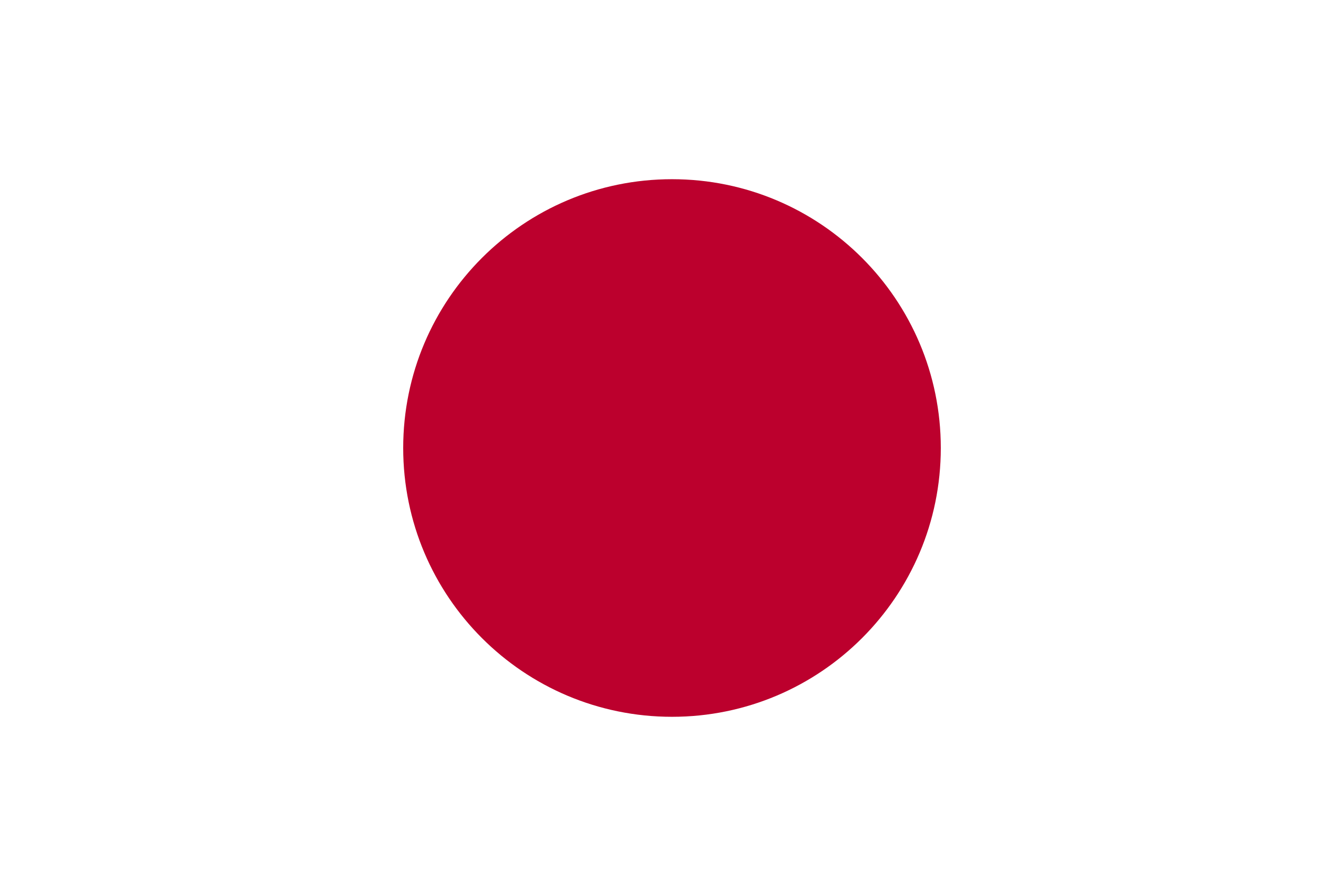Japan
Get all the data you could ever dream of from the best Japanese football players, teams and competitions with Sportmonks’ Football API.

Get all the data you could ever dream of from the best Japanese football players, teams and competitions with Sportmonks’ Football API.

The Japanese national football team is nicknamed the Samurai Blue. Japan was not a major football force until the end of the 1980s, with a small amateur team. Since the 1990s, when Japanese football became fully professionalized, Japan has emerged as one of the most successful teams in Asia; they have qualified for the last seven FIFA World Cups with second round advancements in 2002, 2010, and 2018, and won the AFC Asian Cup a record four times, in 1992, 2000, 2004 and 2011. The team has also finished second in the 2001 FIFA Confederations Cup and the 2019 AFC Asian Cup. Japan remains the only team from the AFC other than Australia and Saudi Arabia to have reached the final of a senior FIFA men’s competition.
Japan’s progression in a short period has served as an inspiration and example of how to develop football. Their principal continental rivals are South Korea, North Korea, China and, most recently, Australia; they also developed rivalries against Iran and Saudi Arabia. Japan was the first team from outside the Americas to participate in the Copa América, having been invited in 1999, 2011, 2015, and 2019 editions of the tournament, though they only played in the 1999 and 2019 events.
Kunishige Kamamoto was a one-club man and the first real superstar that Japan produced, long before the inception of the J-League in 1993 and all the success and exposure that it has accompanied it. Now 70 years of age, goals were Kamamoto’s bread and butter. Both for club and country. Over his 17-year association with Yanmar Diesel, the centre-forward fired in over 250 goals. Impressively, in only three campaigns did he not manage a double-figure return. He was also prolific for Japan and remains their leading goalscorer with just four fewer goals than caps earned. His goals helped the Asian nation to win the bronze medal at the 1968 Olympic Games in Mexico
Kazuyoshi Miura is remarkably still playing professional football at the ripe old age of 55. He currently leads the attack of J-League Second Division outfit Yokohama FC, whom he joined in 2005. The goalscoring prowess that he displayed earlier in his career tempted Genoa to take him to Italy in 1994, which in turn made him the first Japanese football to ever appear in Serie A. He is Japan’s second-leading goal scorer with 55 to his name. It’s a haul that included 12 during the qualification stages for the 1998 World Cup, half of which were scored in a 10-0 victory over Macau in Tokyo.
Shinji Kagawa is widely regarded as one of the best Japanese players of all time. Kagawa began his professional career in his homeland with Cerezo Osaka before joining Borussia Dortmund in 2010. After two years with Dortmund, Kagawa signed for Manchester United on a four-year contract. Two years later, he returned to Dortmund. Kagawa holds the records for most appearances and goals by a Japanese player in UEFA club competitions. Since making his senior international debut in May 2008, he has won over 90 caps and scored over 30 goals. On 29 November 2012, Kagawa was named Asian Football Confederation International Player of the Year.
Let’s score data of the Japanese team!
Hidetoshi Nakata had a big impact in Italy, winning the Serie A title with AS Roma in 2001, before helping Parma to lift the Coppa Italia a year later at the expense of Juventus. Yet, following spells with Fiorentina and Bolton Wanderers, the midfielder retired. He starred by scoring five times as Japan qualified for their first World Cup in 1998. Moreover, he was nominated for the Ballon d’Or that year and was put forward for the award a further two times.
Yasuhito Endo has never been tempted to test himself overseas, unlike many of his international colleagues. Following stints early in his career with Yokohama Flugels and Kyoto Purple Sanga, the 34-year-old has been with Gamba Osaka since 2001. Since joining Gamba, Endo has made the J-League Team of the Season 10 times. His refusal to try his hand in Europe has not hampered his international career either. Having played for the Samurai Blue more times than any other player, with 152 caps. A two-time winner of the Asian Cup in 2004 and 2007, Endo also scored one of the goals in the 3-1 win over Denmark at the 2010 World Cup.
Shunsuke Nakamura is still a firm favourite among the Celtic faithful, Nakamura produced some memorable moments during his four years at Parkhead. He was linked with a host of clubs. Including Atletico Madrid and Borussia Dortmund, before his move to Scotland in 2005, but he soon showed that the battle for his signature was worth the effort. A year after his arrival, the set-piece specialist scored at Old Trafford in the Champions League in a 3-2 defeat. However, when Man United made the return trip to Glasgow, he scored the winner to help Celtic through to the knockout stages of the competition. In 2007, he would win numerous individual accolades, including the SPFA Players’ Player of the Year and the SFWA Footballer of the Year awards, while also being nominated for the Ballon d’Or.